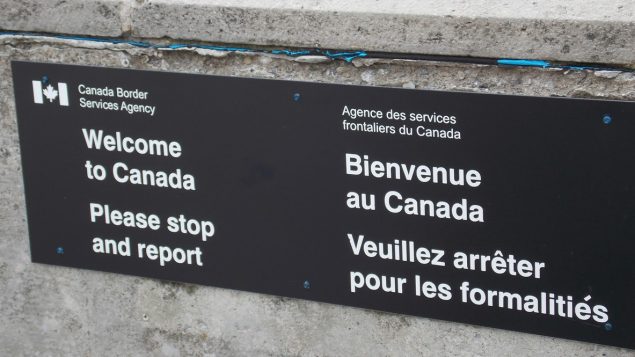Canada is altering its travel restrictions to allow the immediate family members of Canadian citizens and permanent residents to enter the country if they do not have or show any symptoms of COVID-19, according to a news release from the Canadian Border Services Agency today.
The news release said that an immediate family member is defined as; a spouse, or common-law partner, dependent child, a parent, or step-parent or the parent or step-parent of the person’s spouse or common-law partner, and a guardian or tutor.
The exemption to the travel restrictions will go into effect at 12:00 a.m. on June 9.
“We are bringing in a limited exemption to allow immediate family members of citizens or permanent residents to come to Canada,” Canadian Prime Minister Justin Trudeau said on Monday morning. “This is an incredibly difficult time to be apart from a spouse, a child, or mom or dad.”
The CBSA said that anybody who enters Canada must isolate themselves for 14 days if they show any symptoms of COVID-19 or quarantine themselves for 14 days if they do not have symptoms of COVID-19.
The Canadian government has denied entry to any non-Canadian citizen or permanent resident since March, and optional travel between the Canadian-U.S. border remains restricted until at least June 21, 2020.
With files from CBC News







For reasons beyond our control, and for an undetermined period of time, our comment section is now closed. However, our social networks remain open to your contributions.